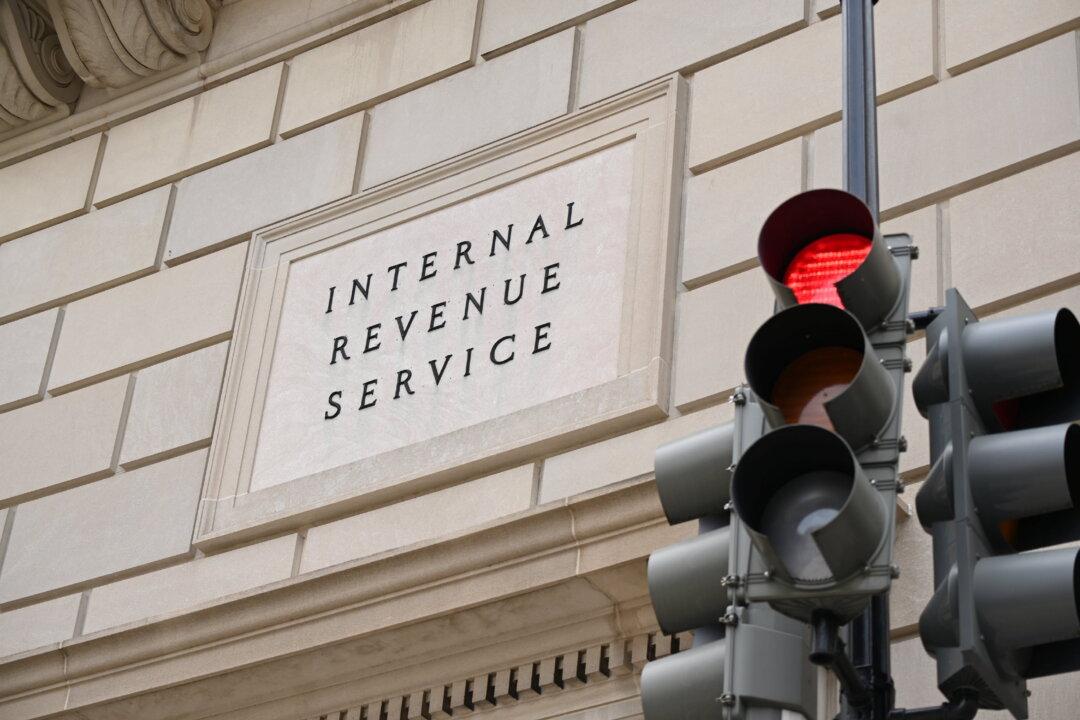The Internal Revenue Service (IRS) said in its recently released strategic plan that while it’s planning to get tough on wealthier tax dodgers, it would adjust enforcement efforts for ordinary filers to rely more on “soft notices” rather than tax audits.
The IRS on Thursday released its 150-page plan (pdf) for how it will use the $80 billion cash infusion provided by Congress to provide “better service” to taxpayers, hire more staff, and focus its enforcement efforts on high-income filers.





